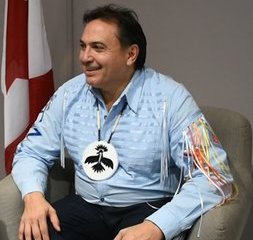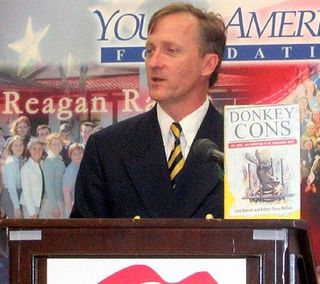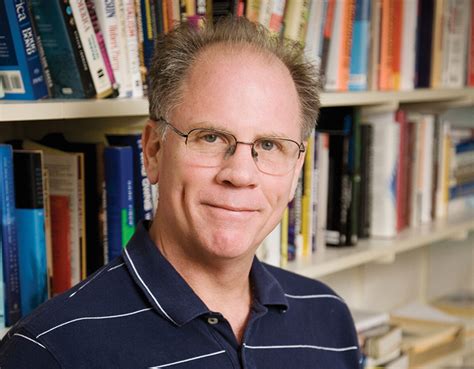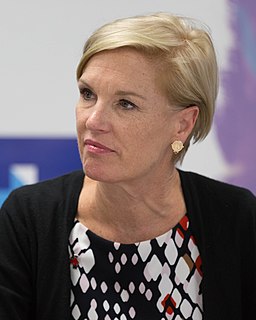A Quote by Dianne Reeves
Now, jazz institutions are more readily available for young people, but for me, the institutions were the bands that I was in. When I worked with Clark Terry, that was the beginning of school for me, and Harry Belafonte and Sergio Mendes, they were all my universities.
Related Quotes
Growing up, the major institutions were school and church. We were taught our culture was no good. We didn't have sundances. The last ones were in the 1940s and '50s. They're starting to come back now. Each reserve is starting to have a Big Lodge and a sundance ceremony. That's what's going to rebuild our people.
...it would be a mistake...to ascribe to Roman legal conceptions an undivided sway over the development of law and institutions during the Middle Ages... The Laws of Moses as well as the laws of Rome contributed suggestions and impulse to the men and institutions which were to prepare the modern world; and if we could have but eyes to see... we should readily discover how very much besides religion we owe to the Jew.
We desperately need some new thinking today about systems of global governance. We're stuck with the same obsolete, ignore-the-earth institutions that were brough into being after the 2nd World War, and they're now failing us ever more catastropically. Wild Law shows just how radical we now need to be in creating new institutions that are genuinely 'fit for purpose' in the 21st Century.
I worry a great deal about all of those surveys that are out that Americans, in particular, are becoming distrustful of our institutions - that Americans are beginning to say they're either irrelevant or they're corrupt or they certainly don't speak to me. But the institutions are actually still functioning.
It was a wonderful time to be young. The 1960s didn't end until about 1976. We all believed in Make Love Not War - we were idealistic innocents, darling, despite the drugs and sex. We were sweet lovely people who wanted to throw out all the staid institutions who placed money and wars above all else. When you're young you think that's how life works. None of us were famous, we were broke. We didn't think they'd be writing books about us in 30 years. We were just kids doing the right thing.
Monsanto will not come empty-handed. Monsanto will come with a big bag of money. And because these governments are poor, when they are shown money for their research institutions, for their universities, for their professors, they are very quick to say yes, and I can tell you that when Monsanto came to Kenya, they were able to be given permission to do research in one of our research institutions, and yet there was not a single law to control such research.
Many more children observe attitudes, values and ways different from or in conflict with those of their families, social networks,and institutions. Yet today's young people are no more mature or capable of handling the increased conflicting and often stimulating information they receive than were young people of the past, who received the information and had more adult control of and advice about the information they did receive.
Early evening traffic was beginning to clog the avenue with cars. The sun slanted down behind him. Harry glanced at the drivers of the cars. They seemed unhappy. The world was unhappy. People were in the dark. People were terrified and disappointed. People were caught in traps. People were defensive and frantic. They felt as if their lives were being wasted. And they were right.
I like Adele, Mika, Natacha Atlas and a beautiful old record, 'An Evening with Belafonte/Mouskouri,' starring Harry Belafonte and Nana Mouskouri. What they have in common is they all have incredible voices. I am very much into voices. I would say I'm a fan of voices, not of sound. I'm a fan of singers, not of bands.




































